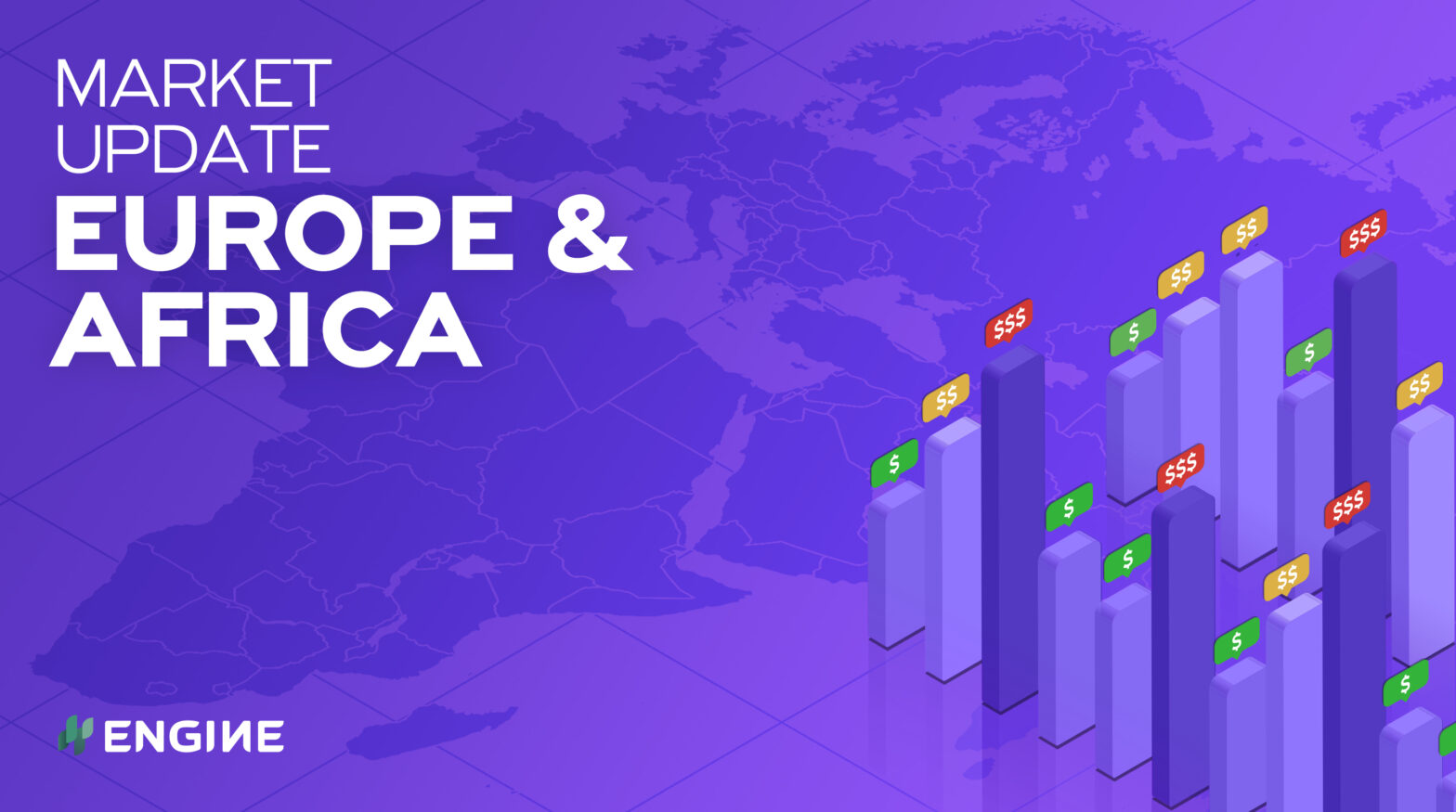Bunker prices have dipped with Brent in European ports, and Durban’s low sulphur prices are sharply down after peaking last week.
Changes on the day to 08.00 GMT today:
- VLSFO prices down in Durban ($27/mt), Gibraltar ($6/mt) and Rotterdam ($3/mt)
- LSMGO prices down in Durban ($15/mt), Gibraltar ($5/mt) and Rotterdam ($1/mt)
- HSFO prices down in Gibraltar ($9/mt) and Rotterdam ($2/mt)
Durban’s low sulphur prices have retreated and come closer to Port Elizabeth’s values again. The port’s price premiums over Port Elizabeth have narrowed to $16/mt for VLSFO, and $10/mt for LSMGO. Port operations in Durban and Richards Bay started to normalise last week, after riots in the previous week caused severe disruptions.
Just as the ports recovered towards the end of last week, a cyber attack knocked out the IT systems of Transnet, South Africa’s state-owned logistics firm. The outage has slowed cargo handling across South African ports as they have had to be performed manually, and priority has been given to time-sensitive exports.
Swell has come down in Port Elizabeth and at the Algoa Bay anchorage, but a period of gale-strength winds is forecast tomorrow. Swell is set to rise to and 3-5 metres between Tuesday and Friday and could disrupt bunkering at anchorage.
There is minimal congestion in Gibraltar today, with only one vessel waiting for a barge to become ready, port agent MH Bland reports.
Outer anchorage bunkering has resumed and there are no delays in Las Palmas.
Skaw and Gothenburg continue to price VLSFO at similar levels to Rotterdam and Antwerp, while Hamburg’s price is at a premium of around $10/mt over these ports.
Availability is normal across the ports.
Brent
Front-month Brent crude has come down by $0.49/bbl on the day from Friday, to $73.26/bbl at 08.00 GMT.
The futures contract has retreated some amid concerns over the spread of the Delta coronavirus variant, and crippling floods in China, but continues to find support in a tighter global supply-demand balance.
The flare-up in Covid-19 cases has extended to a range of countries including China. Several European countries such as Malta and Germany have tightened restrictions for travellers from other countries as protective measures against the more transmissible Delta variant. Vaccination rates are uneven across the continent, leaving some populations more at risk.
Typhoon In-Fa has washed over eastern China yesterday and today, suspending trains and flights. Hundreds of thousands of people have been relocated in Zhoushan, Shanghai and other cities.
Global oil supplies are set to tighten, with economic activity and fuel demand growth expected to outpace the phase-back of OPEC+ oil in the market in the coming months, Barclays and Goldman Sachs said last week.
The supply deficit could spur more US shale producers to drill more. The US rig count reached 387 last week, its highest number since April 2020, Baker Hughes data reported by Reuters showed.
